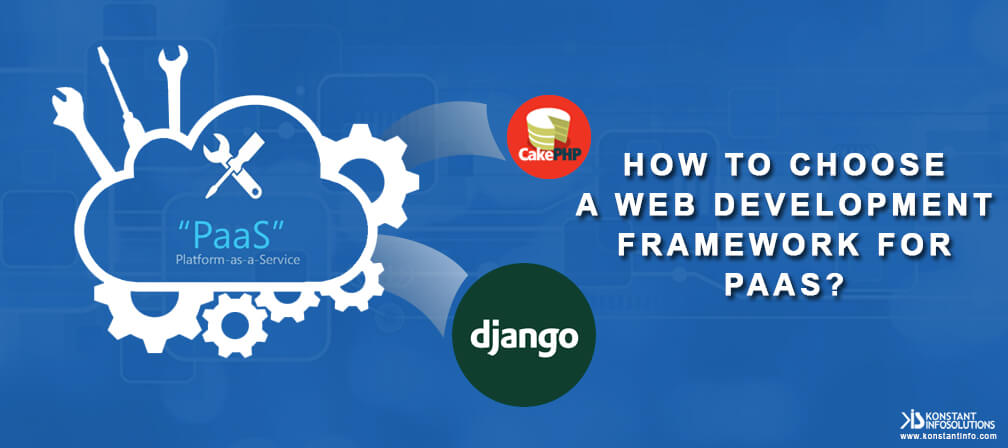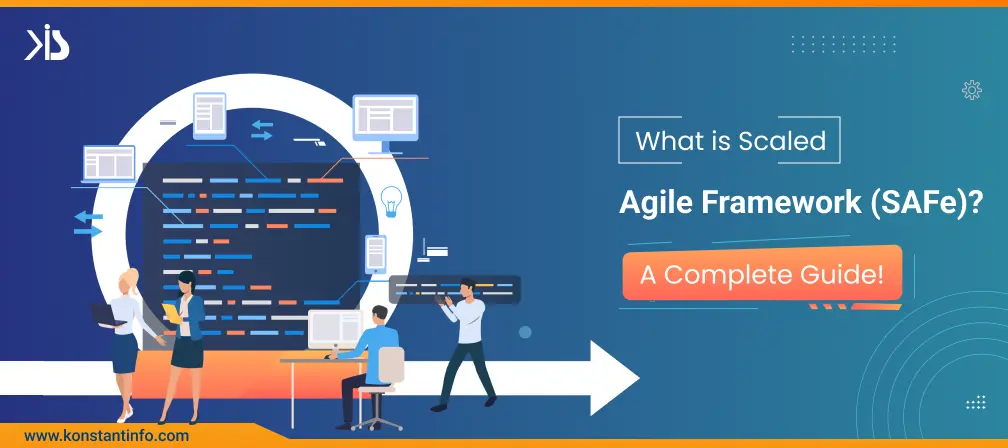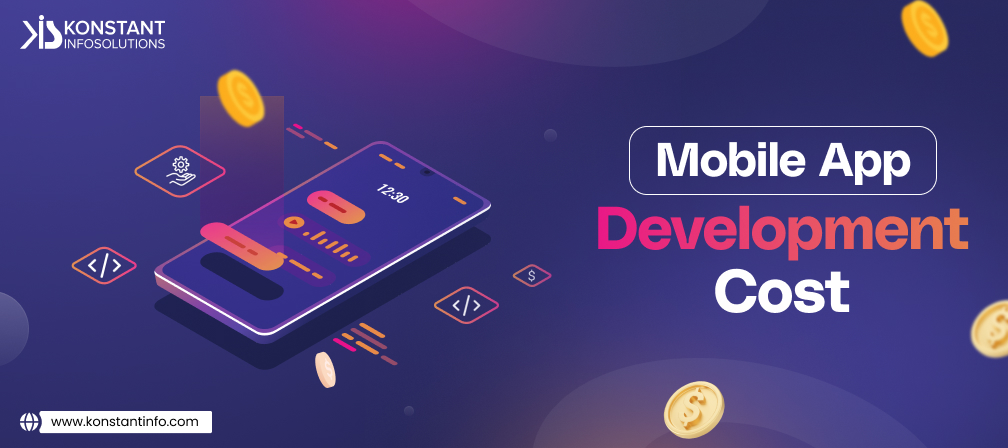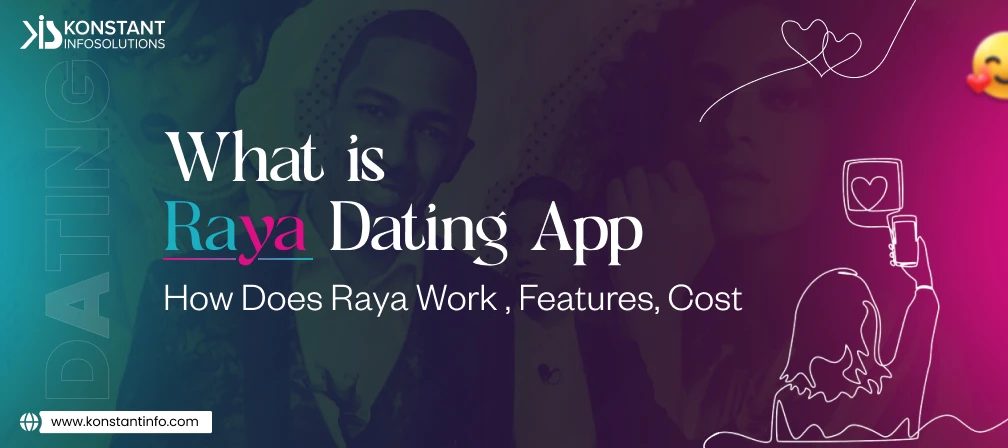
Since the advent of cloud services, the software development industry has consistently been involving incorporating newfound technologies and benefits they bring along. You can read more about it here. Web development, in particular, has seen major technological shifts in the recent years such that the entire development environment has been transformed by these cloud services.
Even top web application development companies now rely on such platforms for most their development environment and backend support. Although these Platform-as-a-Service (PaaS) bring convenience, efficiency, cost-effectiveness, among many other benefits to the development procedure, there is one shortfall- they do not offer as much flexibility in terms of technology as much as any standalone developer has. While most of the key technologies are covered by one platform or another, others support only 3-4 of them. So, if you are going to develop a web application, the decision to choose an appropriate framework can be quite hectic and require more research than you may initially realize.
As discussed, no platform supports all the popular technologies and depending on your needs, you would have to pick yours. Here’s what the fragmentation looks like:

As can be easily observed from the above table, PHP and Python are the two most prominent and widely supported languages for web development, with all the three major players- Azure, Beanstalk, and App Engine supporting at least one or both of them.
When it comes to the framework, Django is the most popular Python framework and is supported by all three of these PaaS platforms. About PHP framework, CakePHP is supported by both Azure and Beanstalk.
Now, before we dig deeper into both these frameworks, it is first important to understand which of these languages would better serve your purpose. Yes, it’s not that one language is inherently better than the other but some are obviously better for certain tasks than others.
This is a trickier question than it may initially seem. PHP and Python are two entirely different languages of two entirely different classes. While PHP is a purely server-side language exclusively used for web development, Python is a general-purpose language and web development is just one of many things it is capable of.
If you have a small or a medium-scale application to build, PHP will better serve your needs. For large and complex applications; however, Python is better equipped and will deliver much better performance. Especially for Fintech applications, there is no better option available than Python.
On maintenance front, Python codes are known to be neat and can be much easily maintained and upgraded than those of PHP.
Despite having a large pool of frameworks available for Python like TurboGears, Web2py, among others, Django is often seen as the de-facto framework when going for Python development. And that isn’t just a biased opinion, the framework does deserve all the credit it gets for being the best Python framework in the market.
It is built from scratch to leverage the vast array of native Python features, as well as third-party libraries. The web applications built on it are known to handle high traffic exceptionally well. Pinterest, Instagram, Mozilla are just a few of the many popular applications powered by Django. And it is perhaps due to this virtual monopoly that most of the PaaS providers offering support for Python have support for Django.
Things here are a bit more fragmented than Python. PHP too has a large number of frameworks but one of them claims absolute superiority over all others and for this reason, there is no framework supported by all of the PaaS providers. The one that is supported by the maximum number of vendors is CakePHP. The framework is very lightweight and enjoys a large community support being the pioneer. In short, it delivers everything that you would expect from a PHP application.
So, we hope you now have a clear vision to which framework would be most appropriate for your need. ? Or are you still confused about certain aspects or have more questions? For a more detailed understanding, you can contact our experts at Konstant. We are one of the most reputed web developers in India with years of experience in working in the widest possible set of technologies. Whatever may be your needs, we can make it happen. Get in touch now to talk specifics about your project.



Mrityunjay is a content developer at Konstant Infosolutions- a leading mobile app development firm that caters to enterprises of all scales and industries with cutting-edge tech solutions. Being an engineer by education, a reader by passion, and a writer by profession, he finds no topic truly boring, yet nothing seems to content his craving as well- an essence he leaves in everything he writes.
Or send us an email at: [email protected]